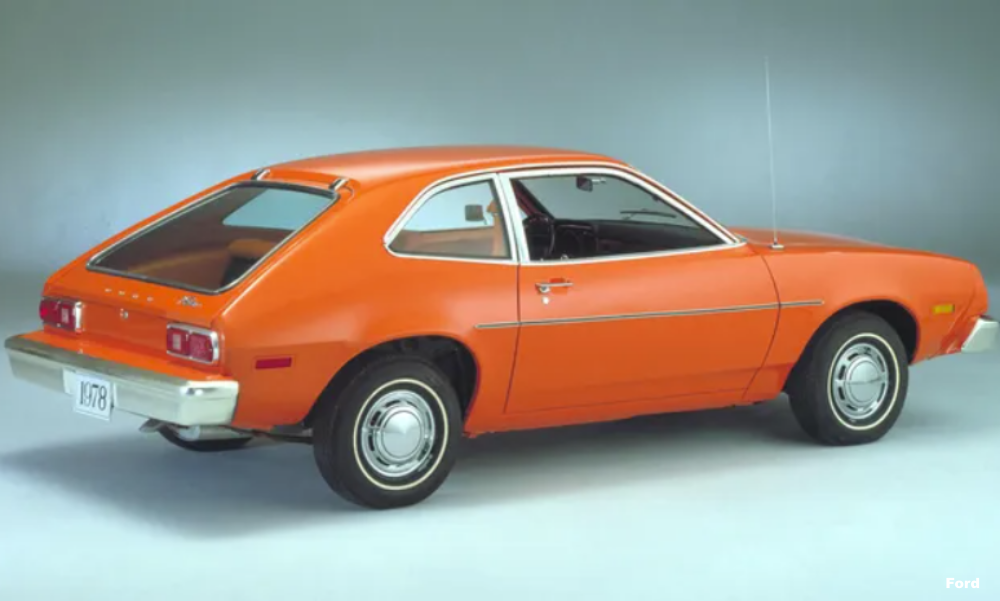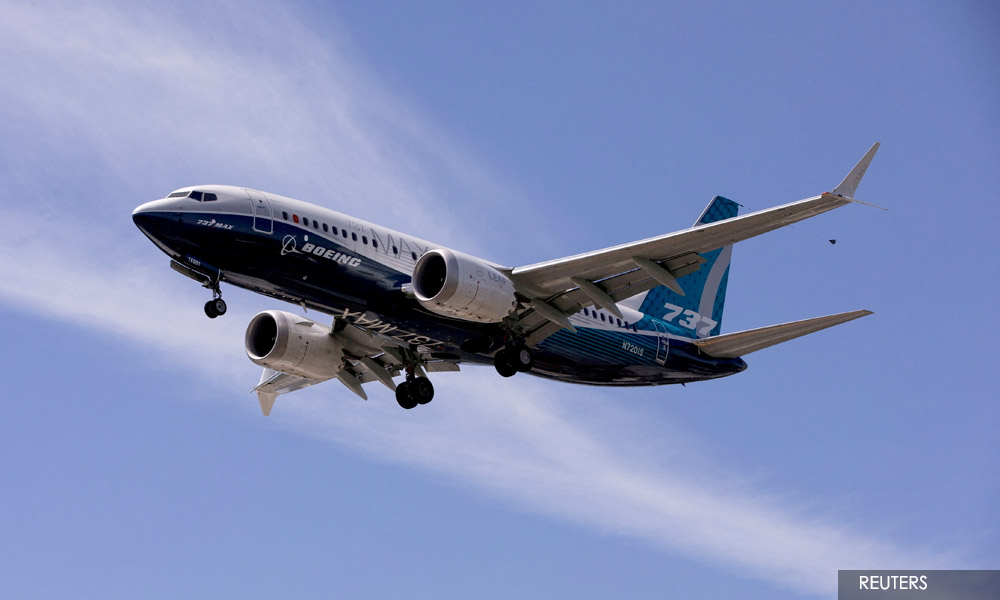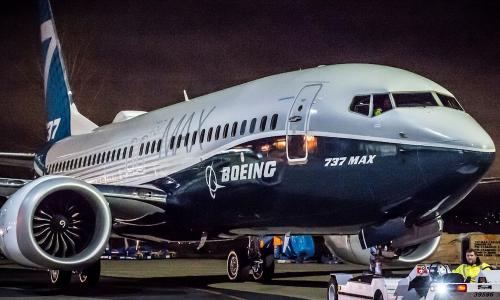COMMENT | Profit over safety - can M'sian firms learn from Ford, Boeing?
COMMENT | Short-term thinking and capitalism prevail in all companies. That’s what the Netflix documentary ‘Downfall: The Case Against Boeing’ narrates about the doomed Boeing 737 Max.
Despite unanimous calls for the two P’s of sustainability – people and planet - to prevail, the third P, maximising profits, takes the prize hands down, just as US Nobel laureate economist Milton Friedman once said in the New York Times five decades ago in 1972.
He said companies' one single motive is shareholders’ profit maximisation. It’s so profound, it became ‘the’ 20th century’s economic idea. It still is!
Ford fiasco
US Ford Motor Company and its infamously reported 1970s Pinto subcompact car comes to mind for bursting into flames when its gas tank was ruptured in a 32kph collision. Production was discontinued in 1980. But not before acrimonious lawsuits which unveiled how the car was rushed from production onto sales.

Pinto’s genesis was the brainchild of Ford’s then-president Lee Iacocca to compete head-on with Japanese competitors dominating the fuel-efficient small-car segment. Ford’s aggressive promise against the Japanese: not a cent more than US$2,000 in 25 months – an impressive feat, even today.
Suggestions to be fitted with safer gas tanks between US$5 and US$8 went unheard by Ford management, despite industry practice among European and Japanese manufacturers.
On the contrary, various news reports highlighted a 1971 confidential memo stating no additional safety features were to be adopted. Instead, a cost-benefit analysis found it cheaper to compensate the victims.
Even appalling and irresponsible was Ford’s successful lobbying for delaying the adoption of the National Highway Traffic Safety Administration (NHTSA) to reduce fires from traffic collisions by seven years.
Boeing’s profit-bigotry
Boeing’s profit-bigotry resembles the exact footprints of Ford in culpable ways. The 737 Max project was headed by aerospace company McDonnell Douglas’s Harry Stonecipher, which Boeing acquired as a business decision in 1997.
Stonecipher was a protégé of multinational conglomerate company General Electric’s Jack Welch, the maximising shareholder value obsessed former head honcho dedicated to financial re-engineering and unadulterated rationalising.
In 2011, the US Securities Commission stated American Airlines was also placing orders with Airbus, Boeing's European competitor.
Boeing had been considering designing a new midsize passenger jet, but the vulnerable threat – like Ford and Toyota – coerced Boeing to redesign the original 737 launched in 1967 into the ill-fated 737 Max.

The airline industry was abuzz as the 737 Max was partly built in South Carolina – a state without an aviation workforce and little organised labour – where the 787 Dreamliner was also built. Quality suffered!
The recalibrated 737 Max needed powerful engines to enhance fuel efficiency. As experts highlighted, the older model’s belly was closer to the ground. Result: engines were mounted further forward to the wings. Problem: it affected 737 Max’s aerodynamics.
As compensation, it was reportedly fitted with the ill-starred software, MCAS – Maneuvering Characteristics Augmentation System – identified as the crash perpetrator.
What’s puzzling is Boeing’s blame game as highlighted by various media.
Its CEO David Calhoun partially blamed the pilots for not having “near the experience that they have here in the US.” Far from baffling, Boeing, Ford likewise, ensured key emails and documents were out of the public domain. And parallel to Ford, Boeing also used similar tactics engaging a lobbyist to sail through its crisis.
Here’s the irony – safety was at the "core" of Boeing’s brouhaha – like Ford! So, have corporations, including Malaysian companies learnt from Ford? If anything, nothing about ethics, staff welfare, safety, and sustainability.
Just glean over the basket case examples in our glove manufacturing and oil palm industry.
But Friedman will be having his last laugh in his grave.
THANASEELEN RAJASAKRAN is an assistant professor teaching relevant global topics on ethics, sustainability, and social responsibility at Universiti Tunku Abdul Rahman.
RM12.50 / month
- Unlimited access to award-winning journalism
- Comment and share your opinions on all our articles
- Gift interesting stories to your friends
- Tax deductable
